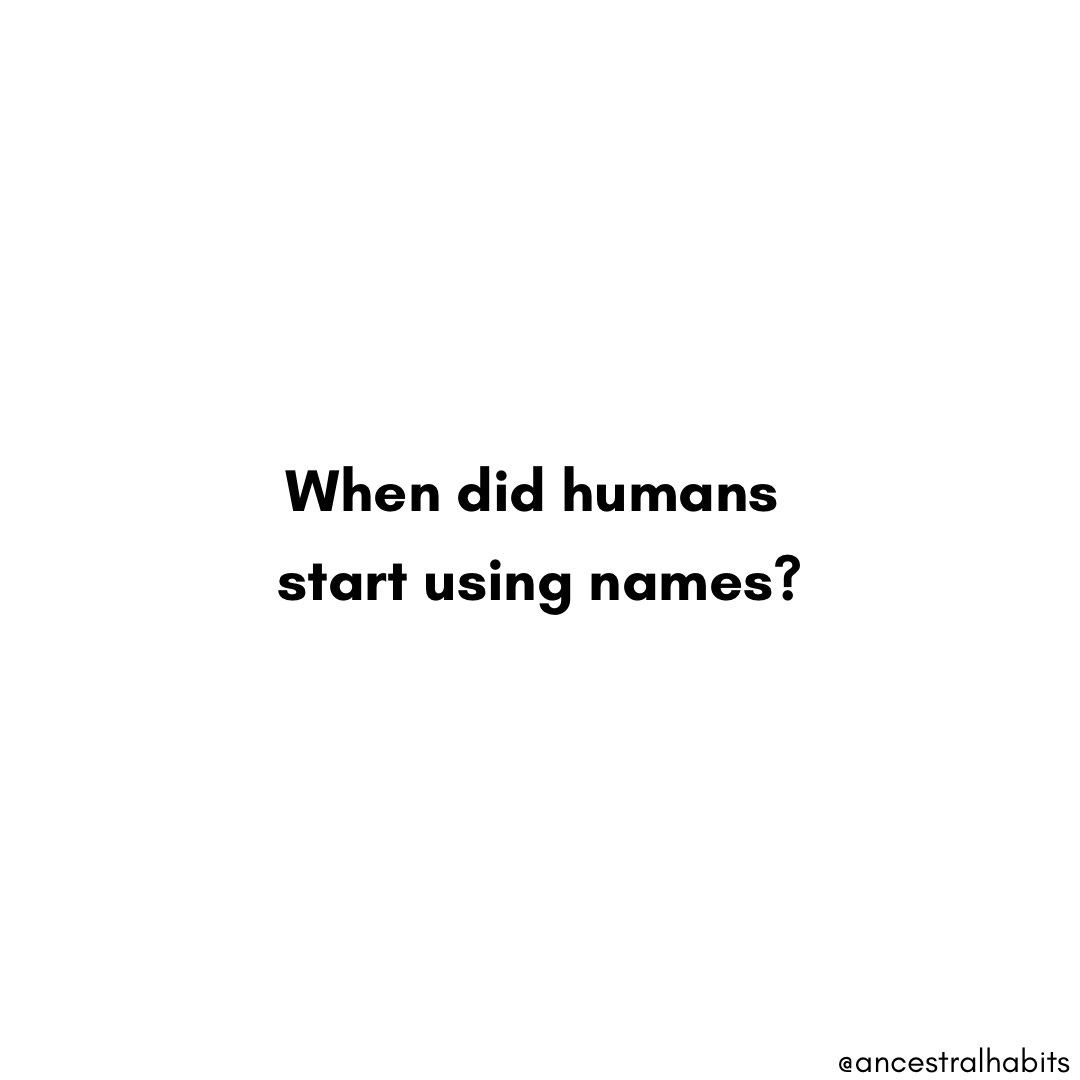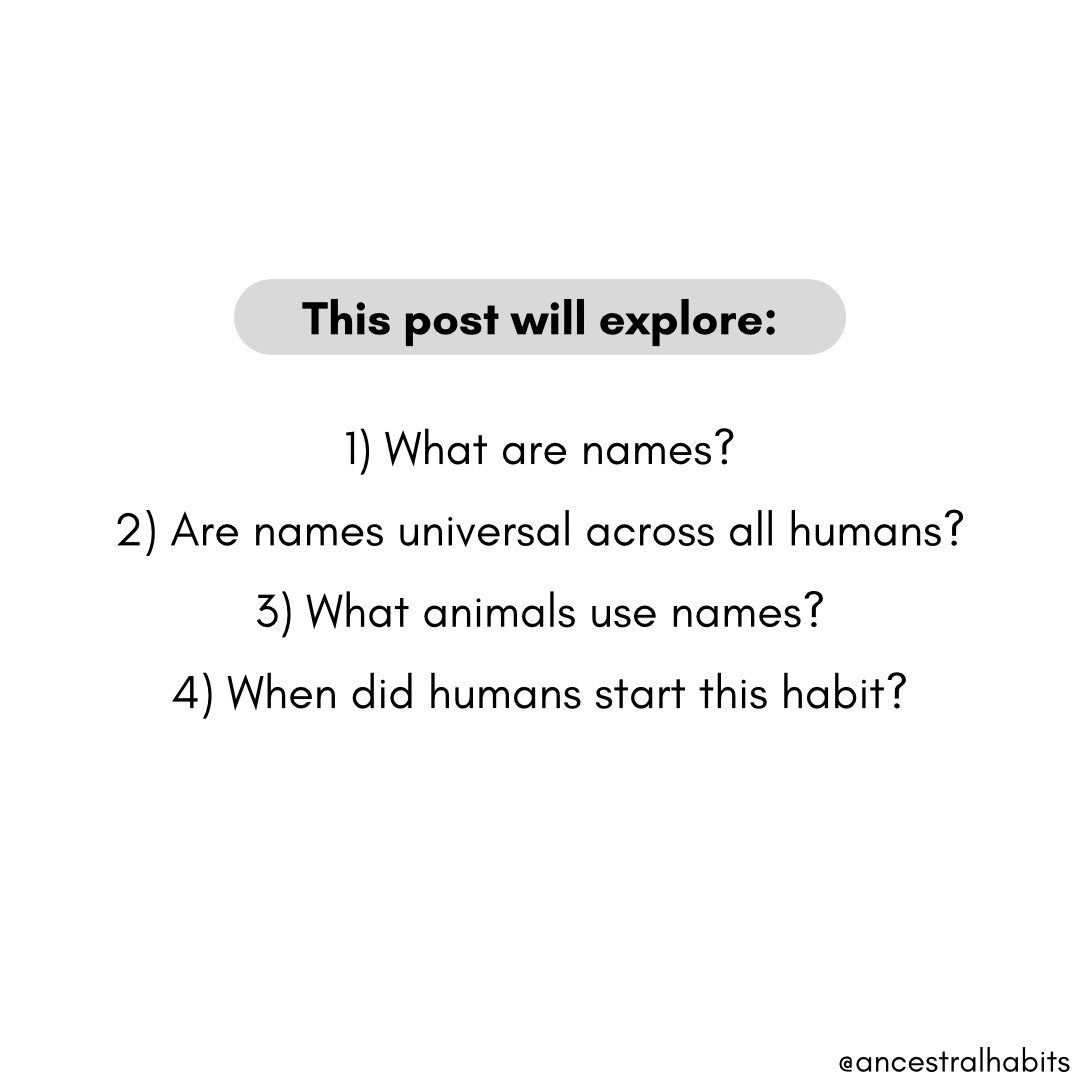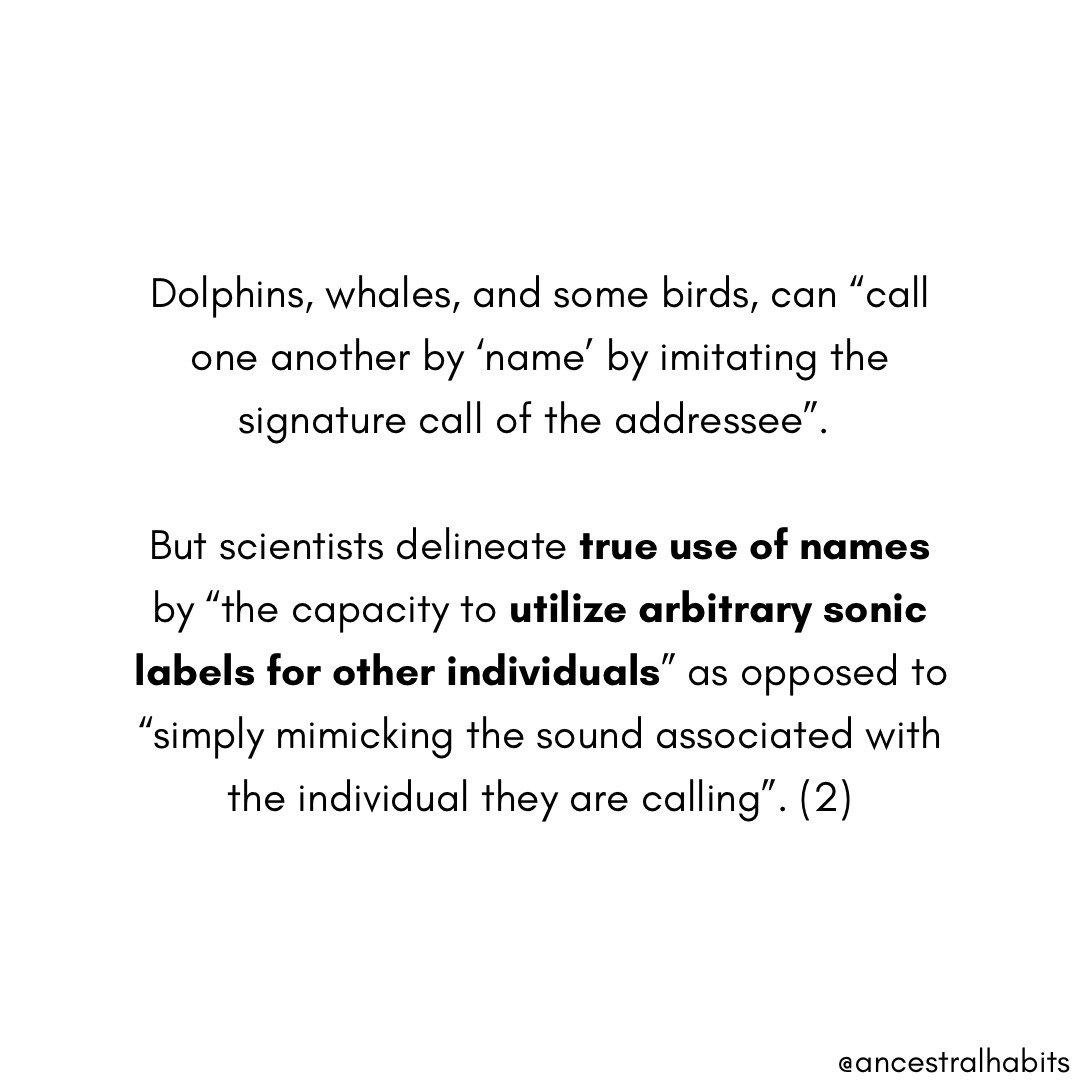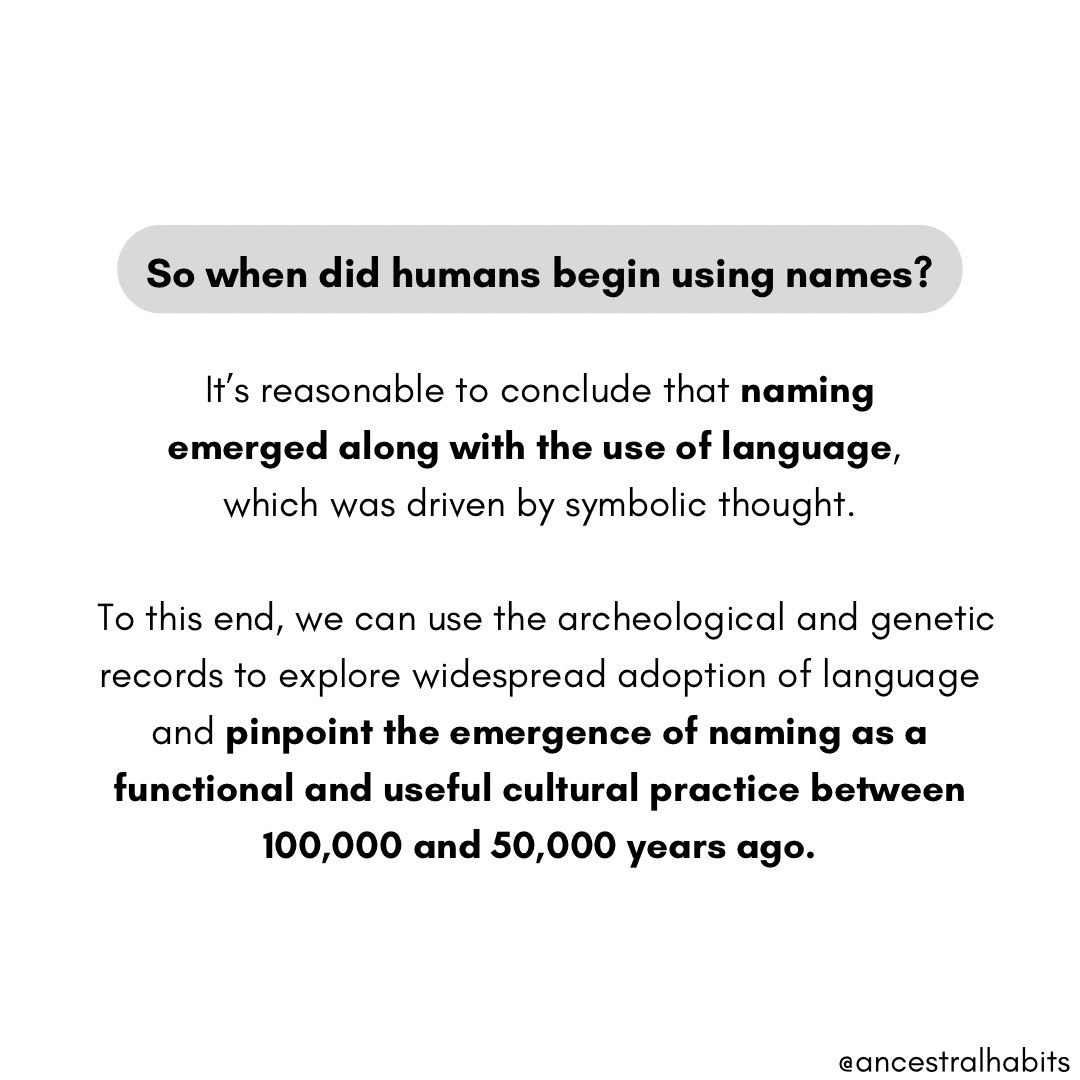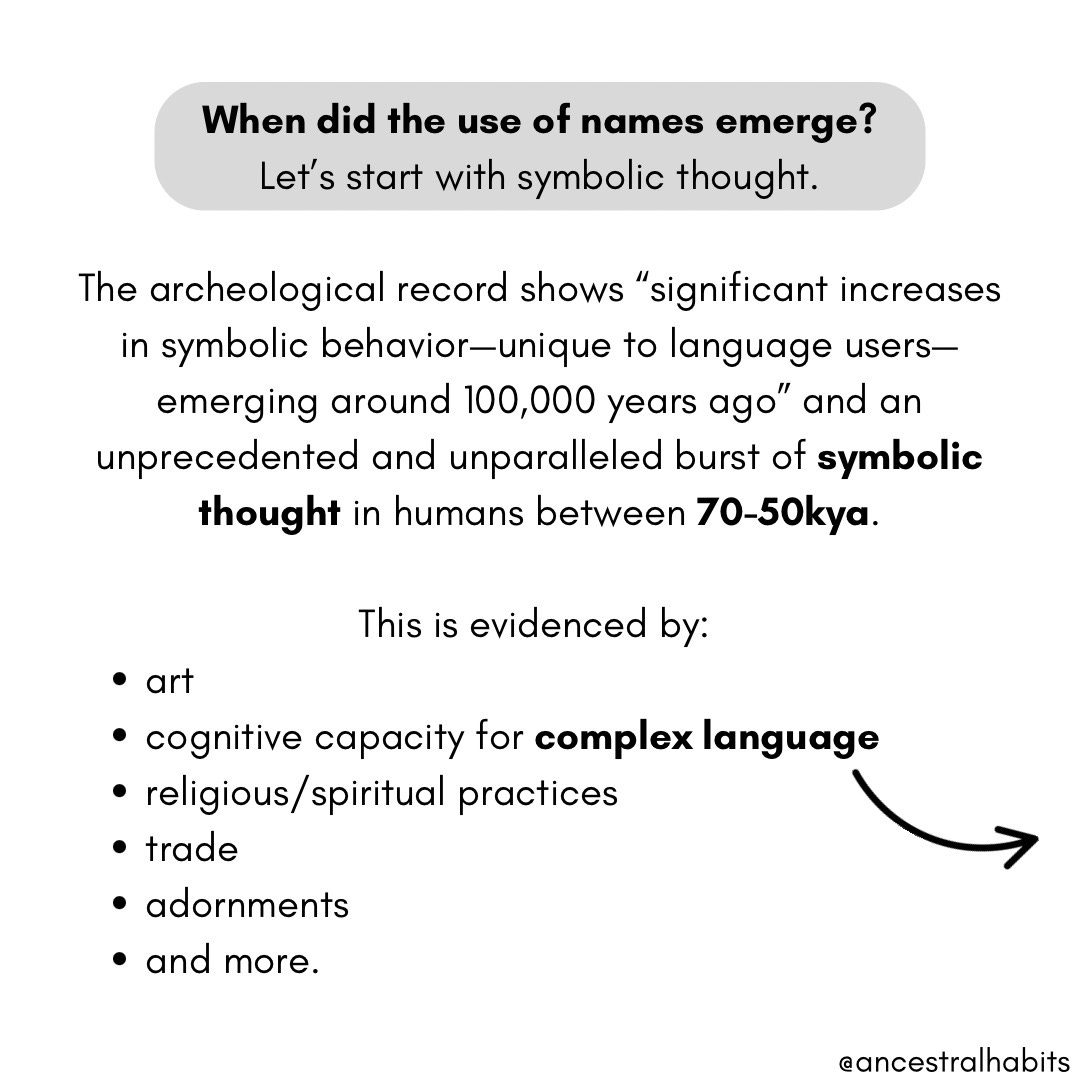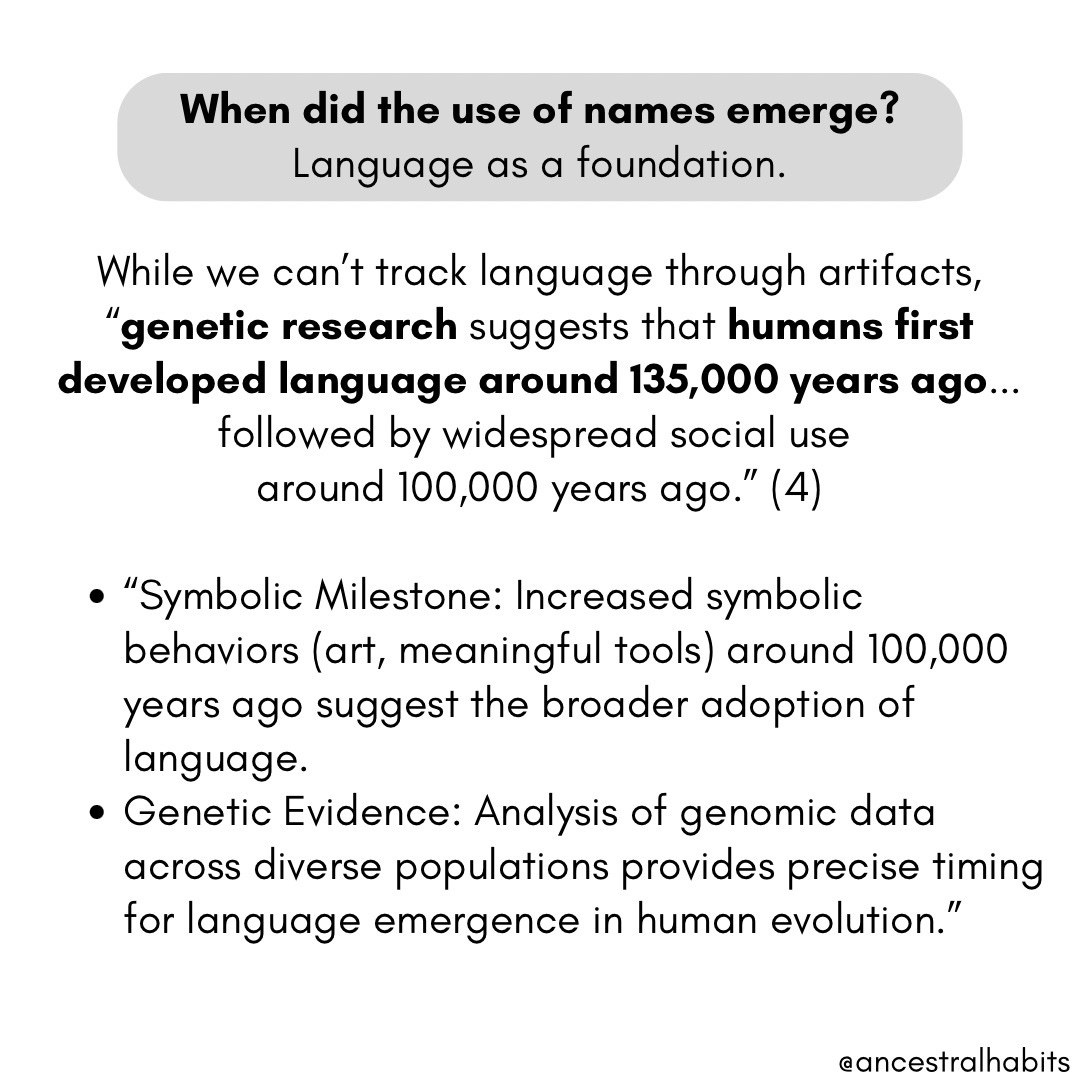50,000 years seems like a massive window, but don’t let it distract you from the fact that humans may have accomplished unimaginable feats of engineering, cooperation and coordination without calling each other by name🤯🤯🤯.
What does that mean? What does that tell us about the way our minds evolved to function over the 95% of early hominin development of the homo lineage (beginning roughly 2mya).
Unsurprisingly, we’re back to non-verbal communication. Sorry y'all, you know I love this topic - how could I not?!
I’m here to remind everyone that non-verbal communication was the predominant form of communication for our highly collaborative species throughout the bulk of our evolutionary history, and regardless of whether or not we acknowledge it, it SCREAMS from our bodies every. single. day.
How? So glad you asked. Here are some hidden ways we evolved to communicate with each other non-verbally that may explain some of your feelings and ‘vibes’ about and towards those around you:
Rhythmic movement & dance
Mirror neurons
Chemosignaling
Brain wave synchrony
Laughter
Music and song
Your sclera (the whites of your eyes)
Your body language
Finally, a note on the existential nature of names. As mentioned in this post, names are symbols. Last week we discussed unsymbolized thought and I asked you to tell me who you are without using words, images or body language. It’s HARD. But the point is that you still know your identity without those things.
Names are arbitrary symbols that identify us, but they are not us.
Think of it this way: an infant knows who mom is, senses her essence, knows how to identify and call for her, can bond deeply with her... yet they are 9-18 months away from developing symbolic thought.
In other words, breaking from the symbols that govern our psychology is a challenging exercise, but it’s not impossible, and it’s also not abnormal.
Again, I challenge you to spend some time inside your mind identifying yourself and your immediate surroundings without symbols (words, images, body language). It’s a strange task, but it will bring you closer to yourself, to others, and of course- to your prehistoric ancestors.




